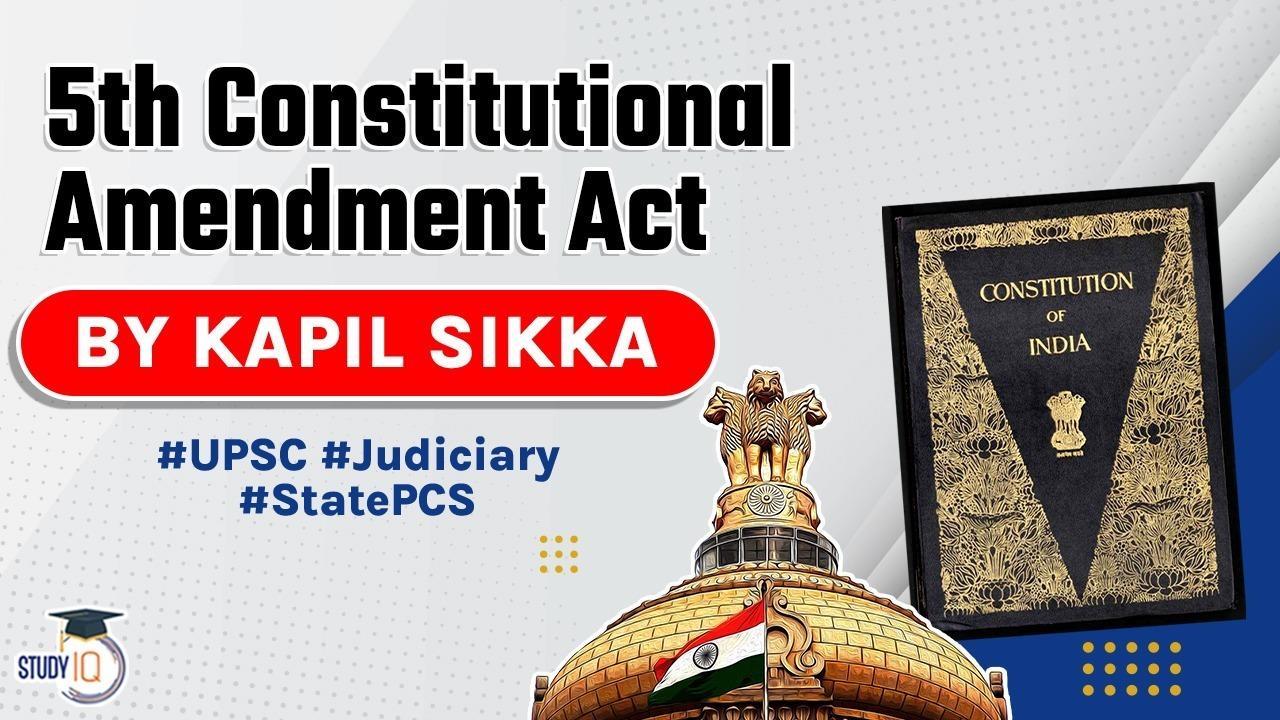Table of Contents
Purpose
- It amended Article 3 of the Indian Constitution which provides the Parliament to effect, by law, reorganisation inter se of the states constituting the Indian Union.
- The Parliament is empowered to enact a law to reorganise the existing states by establishing new states out of the territories of the existing states
- by uniting two or more states or parts of states,
- by uniting any territory to a part of any state,
- by altering their boundaries; or
- by separating territory from, increasing or diminishing the area of, or
- by changing the name of, a state.
3 Parliamentary may by law
(a) form a new State by separation of territory from any State or by uniting two or more States or parts of States or by uniting any territory to a part of any State;
(b) increase the area of any State;
(c) diminish the area of any State;
(d) alter the boundaries of any State;
(e) alter the name of any State:
- Provided that no Bill for the purpose shall be introduced in either House of Parliament except on the recommendation of the President and unless, where the proposal contained in the Bill affect the boundaries of any State or States specified in Part A or Part B of the First Schedule
- or the name or names of any such State or States,
- the views of the Legislature of the State or, as the case may be, of each of the States both with respect to the proposal to introduce the Bill and with respect to the provisions thereof have been ascertained by the President.
- possibility of reorganisation of states on linguistic basis.
- It did not lay down a time-limit within which the states concerned were to express their views,
- could cause delay or even bring the parliamentary legislation to a standstill.
- The parliament wanted the reorganisation of the states on a linguistic basis which was hampered by the non-expression for any length of time.
- Hence, 5th Amendment Act provided for the President to set a time-limit through which the Parliament could proceed with the matter without waiting for the views of the state concerned.
- Thus, made the proceedings regarding the re-organisation of states efficient and this propelled the states to check on the issues related to them responsibly.
- A Bill for any such purpose cannot be introduced in the Parliament except on the recommendation of the President and
- If the Bill affects the area, name or boundaries of a State, then before recommending its consideration to the Parliament, the President has to refer the same to the State Legislature concerned.

Latest Burning Issues | Free PDF























 WhatsApp
WhatsApp